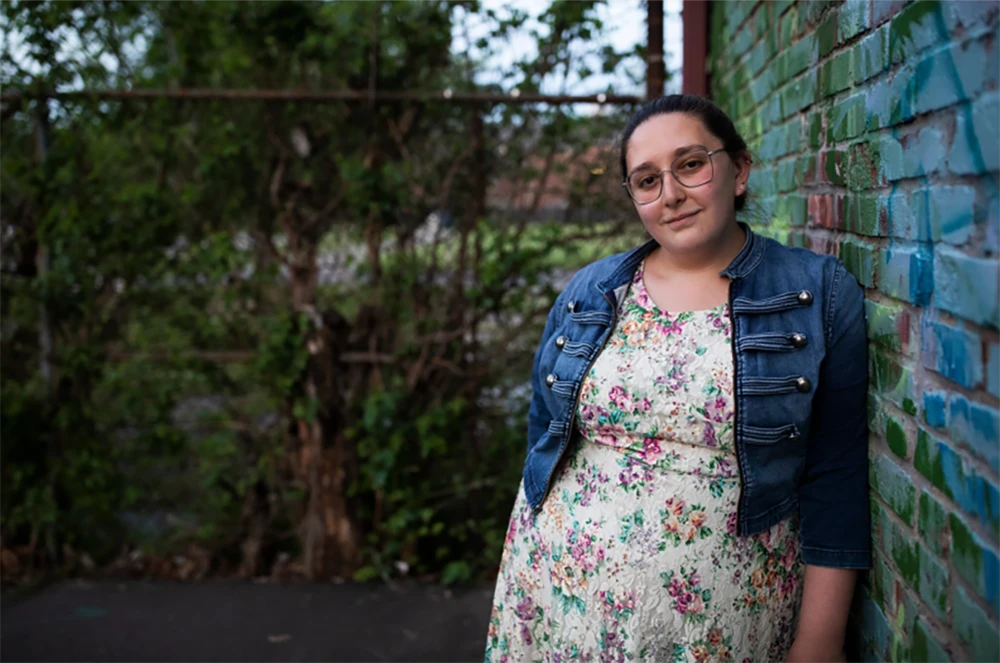The Dramaturgy of a Civic Crisis
by Jordan Flores Schwartz

As the director of a small theatre company, I had a board member ask me during a recent meeting how I thought the “current situation” would affect our finances, given our organization’s stated mission of diverse representation and community engagement. As a doctoral student studying cultural policy and as a university educator, my professors, peers, and students raise countless questions about the impacts of the constant policy deluge. I do not have any answers as either a practitioner or a researcher, but in both positions I am grateful to be seeking answers to these questions and continuing to work towards accessibility and sustainability in the arts alongside some incredible people. As a human trying to earn a living wage from my work while still prioritizing my values of advocacy and social justice, however, I am (like many of you, I am sure) exhausted. I try to stave off the existential dread with Netflix documentaries, outings with friends, lighthearted novels, walks with my wife and our pups, and other such activities that bring me moments of joy and quiet. But eventually my phone buzzes with yet another news alert and the noise of the uncertainty makes its way in. Then I find myself in a spiral, trying to generate all sorts of contingency plans for keeping my organization afloat and my research moving forward. Eventually, I have to accept the futility of the exercise. Usually, this acceptance comes in the form of staring at a wall while taking solace in my favorite raspberry chocolate chip ice cream. Yet the ice cream can only satisfy me so much when really I (like many of you, I am sure) am eager for a more productive and proactive way of fighting this civic crisis.
In my dramaturgical practice, I identify most with the term “civic dramaturg” and firmly believe that no theatrical work can be separate from its cultural, social, and political context. Now more than ever it is essential for dramaturgs to engage in civic practice and provide critical resources to audiences and artists through every post-show conversation, lobby display, program note, production packet, education event, marketing blurb, and anything else dramaturgy touches. We must also use these opportunities to deepen our community partnerships and make sure our productions go beyond raising an awareness of the issues to having a tangible impact in our communities and giving our audiences calls to action. For many of you reading this, this may be a familiar rallying cry. You might be able to list off a whole host of engaged organizations making an incredible difference through their art. But we must also be aware of and acknowledge what will happen to so much of this programming when these organizations begin to lose funding. And more to the point, we must ask ourselves what we as individuals are able and willing to do to ensure these meaningful and impactful programs continue.
As dramaturgs we have an advantageous birds-eye view of the American theatre, rooted in a strong tradition of dramatic criticism, historical research, and social theory. When working in collaboration, we are uniquely positioned to advise, support, listen to, advocate for, and protect the various communities involved in our work. But to engage in this work effectively we must also apply our dramaturgical skills inward and practice reflexivity, regularly asking ourselves how our identity, knowledge, experience, and perspective are best suited to the task at hand. We must also remind ourselves of the countless historical challenges the arts have faced and learn from the persistence and resistance of those who fought these battles before us. As we wade through the ever-rising sea of headlines and try to keep up with the daily demands of our lives, we must keep perspective for ourselves and in keeping perspective for ourselves we can help keep perspective for our institutions and the field at large. Even in the darkest of times there has always been art, and there will always continue be art. Through our storytelling we will to continue to build empathy and through building empathy we will, in time, heal from this civic crisis. In the words of the esteemed Toni Morrison, “This is precisely the time when artists go to work.” Pa’lante.
Jordan Flores Schwartz is co-founder and Producing Director of the Fonseca Theatre Company in Indianapolis, an organization dedicated to representation and neighborhood engagement. Prior to her work at FTC, she worked with theatres across the country as a community organizer, teaching artist, administrator, dramaturg, literary manager, and visiting director. Schwartz received her MFA in Dramaturgy at Indiana University Bloomington and holds an MA in Arts Management from the University of Oregon, as well as a BA from Bryn Mawr College. She is currently a PhD student in the Arts Administration, Education, and Policy department at The Ohio State University specializing in Cultural Policy. Most recently she was named a 22-23 Creative Renewal Fellow by the Arts Council of Indianapolis. Previously Schwartz was recognized as a Rising Leader of Color by Theatre Communications Group in 2017 and was named a 2019 Young Philanthropist Scholar by Impact 100 Indy.
